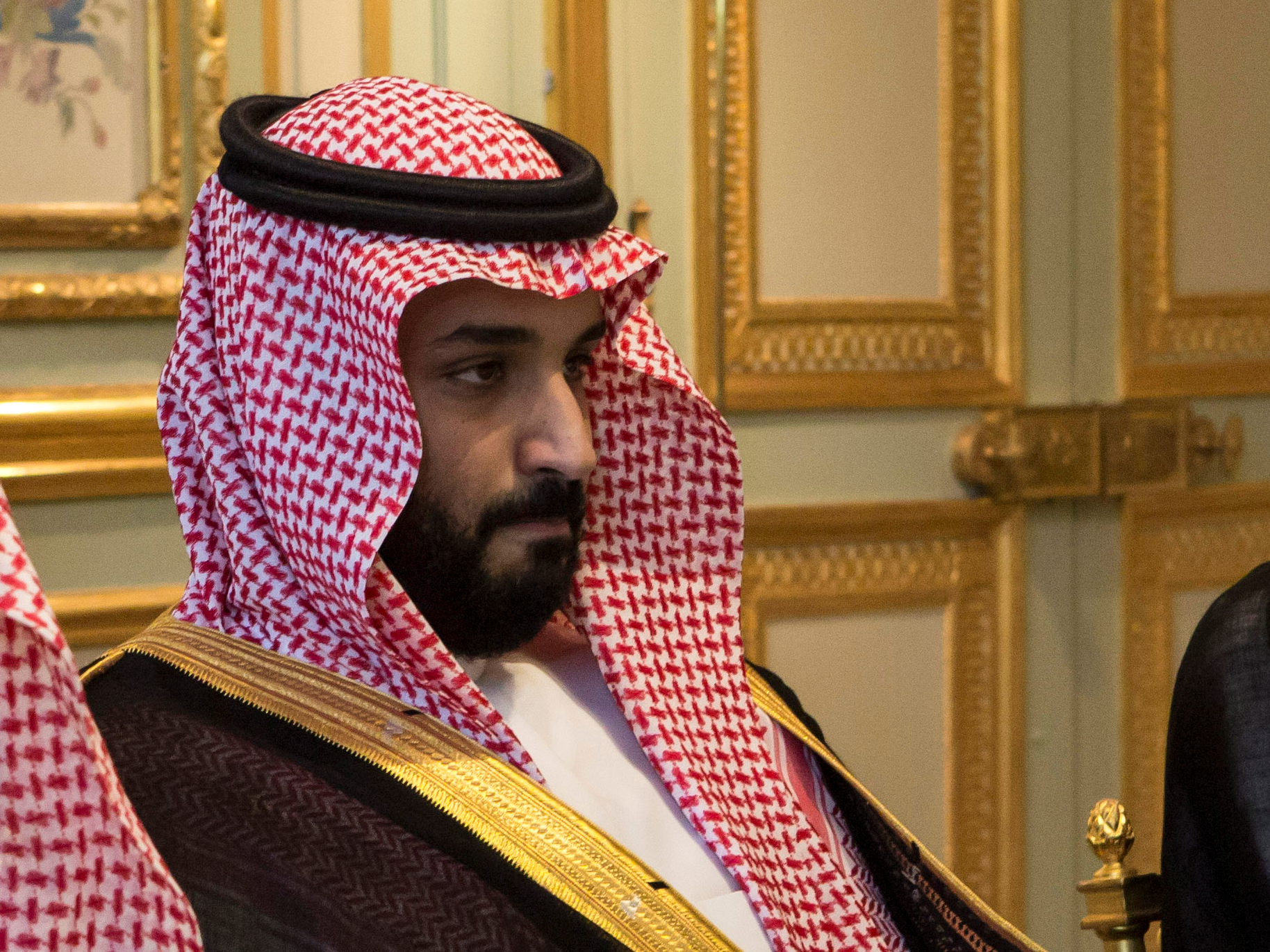OPEC finally agreed to cut output during its meeting in Vienna on Wednesday.
This marks the cartel’s first cut since 2008 and reverses its two-year strategy of pumping as much oil as desired.
The cut is intended to end the global oil glut, which has kept prices depressed for over two years.
The Saudis will bear the brunt of the cut, reducing output by 500,000 barrels per day, to about 10.1 million bpd, according to Reuters.
Iraq will reduce output by 200,000 bpd, to 4.4 million bpd, beginning in January, while the United Arab Emirates, Kuwait, and Qatar will cut by a combined total of about 300,000 bpd.
West Texas Intermediate crude oil, the US benchmark, is up by 8.5%, and Brent crude oil, the international benchmark, is up by about 8.8% as of 12:11 p.m. ET.
Still, for all the hooplah, the OPEC deal might not be a game-changer for the Saudis, according to Jason Tuvey, Capital Economics' Middle East economist.
"We don't think it represents a major shift in the kingdom's oil policy," he wrote in commentary after the reports crossed the wires. "The reported cut in Saudi oil production would be in line with seasonal norms - note that Saudi oil production averaged 10.1mn bpd between December 2015 and April 2016."
"More than anything, Saudi Arabia has probably agreed to this to prevent the OPEC meeting ending in acrimony," he added.
The effect on Saudi Arabia's economy will largely depend on what happens with oil prices and how long the deal lasts.
"We will continue to monitor developments but, as it stands, we are leaving our forecasts for the Saudi economy in 2017-18," he added. "We have penciled in GDP growth of 1.3% in 2017 and 1.5% in 2018, compared with around 1.0% this year."


